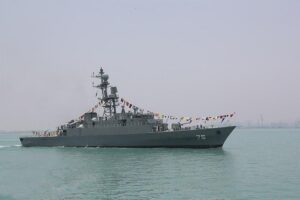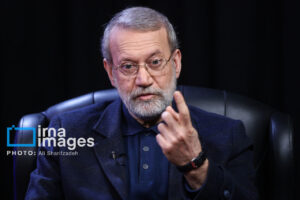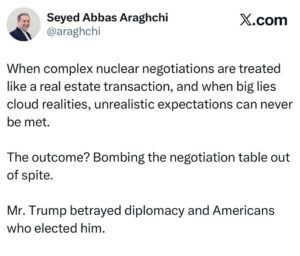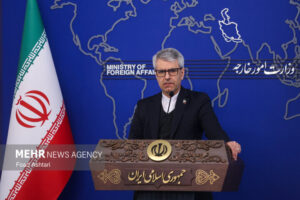According to the treaty, both sides have committed to respecting each other’s sovereignty and territorial integrity, refraining from interference in domestic affairs, strengthening their joint positions in international organizations, combating terrorism and organized crime, and cooperating in areas such as the exchange of military delegations, joint exercises, and military training. The treaty also calls for cooperation to counter unilateral sanctions, establish infrastructure for independent payment systems, expand trade in national currencies, and collaborate in the fields of energy, peaceful nuclear activities, and modern technologies.
It is said that following the 1921 Treaty with the Russian Soviet Federative Socialist Republic, the 1940 Trade Treaty, and the 2000 Treaty on Mutual Relations and Principles of Cooperation with the Russian Federation, this new document marks a historic turning point and the most comprehensive agreement in the history of bilateral ties. Moreover, the treaty provides a comprehensive legal framework for developing relations within the structure of a multipolar world system.
Hamid Hakim, an analyst specializing in Eurasian affairs, stated that Iran and Russia must demonstrate strong determination to implement the Comprehensive Strategic Partnership Treaty. “The full text of the official document must be released for a complete assessment, but based on the information available so far, it appears that both sides have paid significant attention to recent regional and global challenges,” he said.
Hakim emphasized that the treaty holds a special position within the anti-hegemonic front. He added that the agreement is beneficial for both nations and of great importance in the short and medium term. However, he stressed that Russia must show it will not sacrifice long-term goals—such as resisting U.S. hegemony—for short-term interests. “If Russia maintains its determination to confront unilateral hegemonic behavior and avoids contradictions in its policies, the document will be successfully implemented,” he said.
The analyst noted that both countries are under severe international sanctions. “Russia and Iran are both major energy exporters, but they also have significant potential for cooperation in various sectors such as the economy and industry, and can play complementary roles for one another,” he explained.
“Iran’s cooperation with Russia in fields such as services, engineering, medical sciences, the food industry, and transportation corridors shows strong synergy between the two countries. Since both are under harsh sanctions, they can benefit from each other’s experience in industrial, military, and economic areas,” he added.
Hakim, a professor at Allameh Tabatabaei University, said that while sanctions are influential and important, both countries can overcome obstacles if they demonstrate strong will to expand their relations. “Russians must adopt a truly strategic view toward Iran and avoid contradictory behavior. What matters more than sanctions is genuine and serious political will—especially on Russia’s part,” he emphasized.
Hakim further mentioned that in addition to sanctions and the political will of both nations, other barriers to implementing the treaty stem from bureaucratic, legal, and administrative systems. “These challenges are solvable if both sides remain determined,” he said.
He concluded that the treaty could also extend to the military sphere. “If implemented effectively, we can expect positive developments in the field of security in the long term, allowing both countries to advance their anti-hegemonic objectives,” Hakim said.







